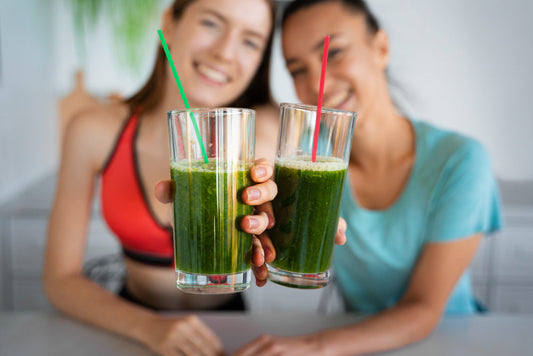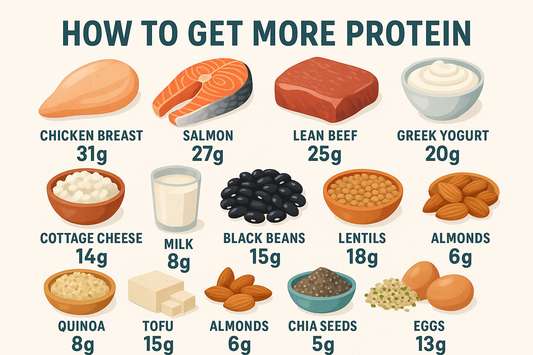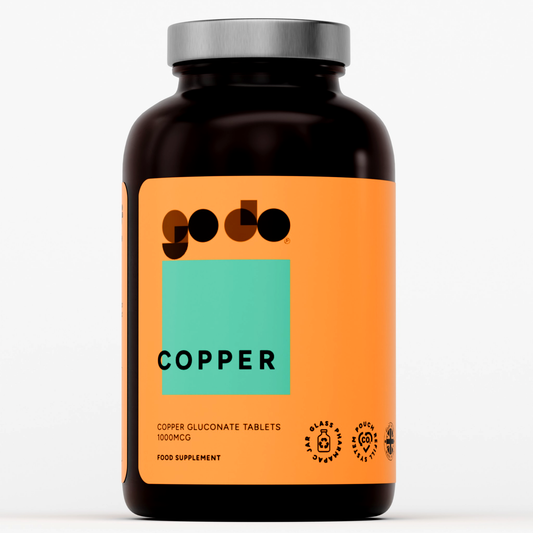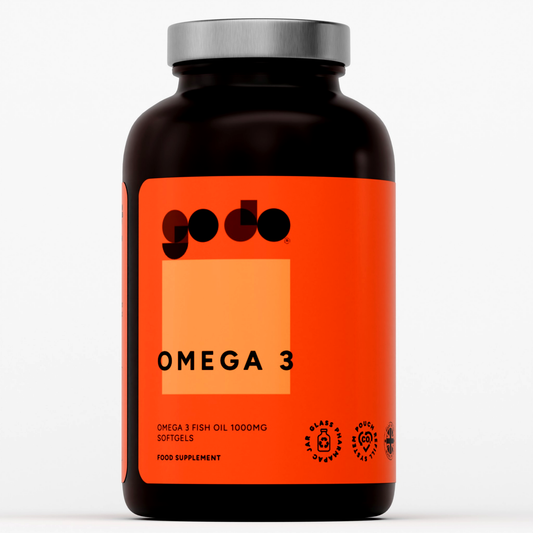When we place food into our mouths the digestive process begins, the route for digestion is natural routine which takes place inside our bodies when food is consumed.
Firstly the foods which we consume have to be broken down into component nutrients, this is the breaking down of complex foods into a much simpler form, molecules which the body can then absorb and use for body building buy renewing muscles and producing energy.
Fats are converted into fatty acids and glycerol
Carbohydrates are converted to monosaccharides ( glucose, fructose and galactose)
Proteins are converted to amino acids
The food is broken up by the chewing and is mixed with enzymes contained in the saliva.
Once food is swallowed it passes down the oesophagus into the stomach, here the food particles are mixed with the gastric juices, the whole mixture is churned to a thin acidic liquid.
Very little is absorbed through the stomach wall, only alcohol and fast absorbing drugs such as aspirin.
Knowledge of the amount of time food remains in the stomach can be very important to a sports person. High fat meals will take longer to digest rather than carbohydrate snacks and this will affect pre-event eating pattern.
The sports you are taking part in can also affect the amount of time you leave between eating and exercising.
Example racing cyclists can manage to eat close to a high intensity exercise, because lack of body movement.
Your aim is to have your stomach as empty as possible before you start exercising,this process is so the blood is diverted to your muscles quicker during intensive exercise and less energy is focused on the stomach.
The digestive process slows down your performance and any food left in the stomach will feel uncomfortable during the event.










